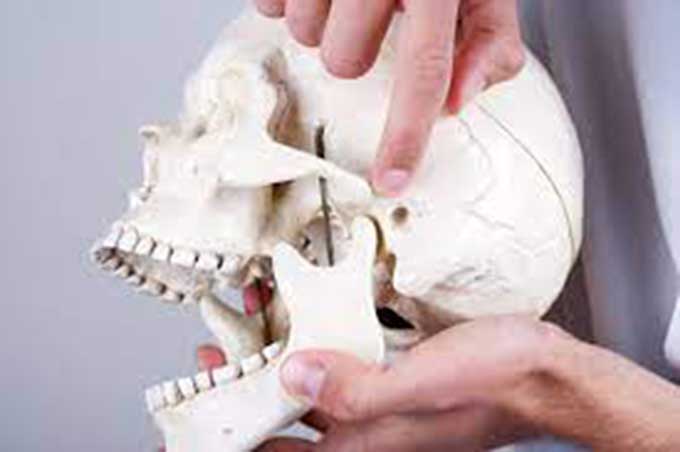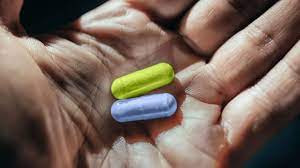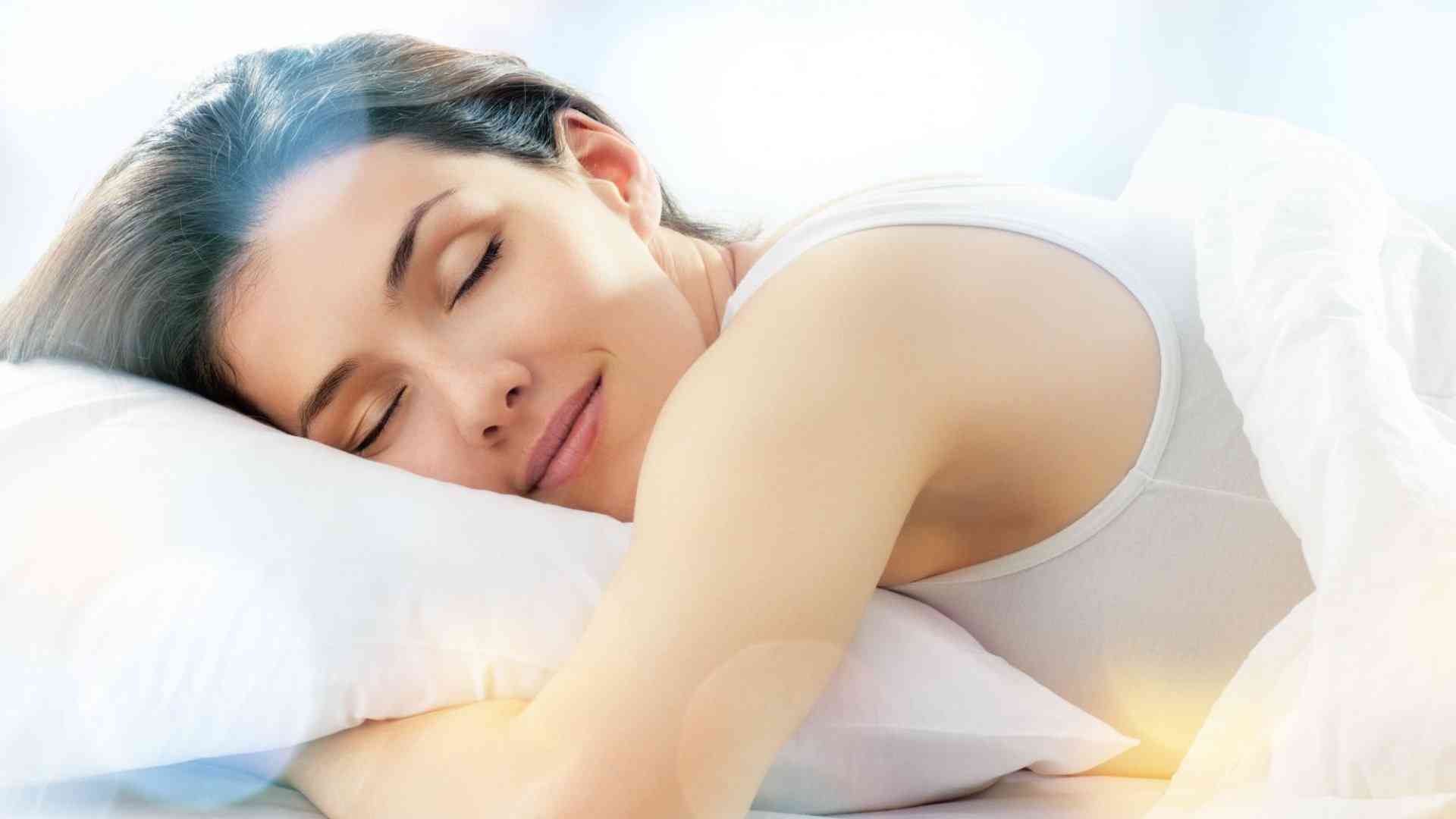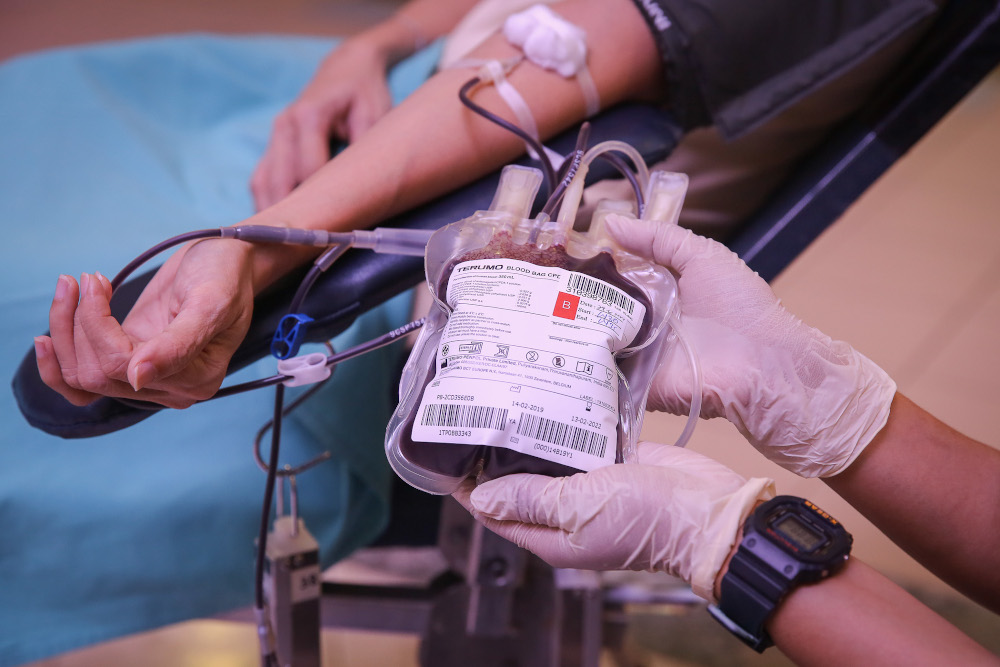
THE temporomandibular joints (TMJs) connect your jawbone to your skull and function as sliding hinges, facilitating the jaw movements that take place when you open your mouth, speak or chew. There is one on each side of your jaw.
When the muscles and ligaments that surround your jaw joints become inflamed or irritated, a TMJ disorder, one of a number of temporomandibular disorders (TMDs),occurs. The discomfort may be minor or severe.
It may be a short-term problem that goes away on its own or last a long time. One or both sides of your face may be affected. It tends to affect women more than men. It is most prevalent in adults between the ages of 20 and 40.
Symptoms
TMD symptoms vary. The most common symptom is pain in the jaw and surrounding muscles. You may particularly experience jaw discomfort or pain when eating. There may also be an excruciating ache in front of your ear that may spread to your face. Your jaw may become locked, making it difficult to open or close your mouth.
You may experience problems chewing or a sudden unpleasant bite as though the upper and lower teeth are not properly aligned.
There may be a clicking or popping sound, although such sounds are common and not cause for concern unless accompanied by pain.
Causes
- Chamisa under fire over US$120K donation
- Mavhunga puts DeMbare into Chibuku quarterfinals
- Pension funds bet on Cabora Bassa oilfields
- Councils defy govt fire tender directive
Keep Reading
There may be various causes of TMD. However, it is often unclear what the cause is. Many people’s symptoms appear to come out of nowhere.
TMD can be caused by an injury to the jaw or temporomandibular joint or by an injury to the muscles in your head and neck, such as through a strong impact on them or whiplash.
The soft disc between the joint’s ball and socket, which acts as a cushion, may move or be damaged and be the cause. The joint’s cartilage may be damaged by arthritis.
Another possible cause is persistent grinding or clenching of your teeth, although not everyone who does this develops TMD. Stress may indirectly be a cause as it may be stress that leads to grinding or clenching your teeth.
A combination of genes, psychological and life stressors and how a person feels pain may all have a role in whether or not TMD develops and how long it lasts.
Diagnosis
The condition may be difficult to diagnose, particularly when the exact cause of it is unknown. Your doctor or dentist will note your symptoms and take down a thorough medical history.
He or she is likely to inquire about your pain, such as its location, when it happens, what causes it to improve or worsen, and whether it is localised or spreads to other regions of your body, as well as whether you have any other pain, such as a headache or back pain.
Your doctor will also look for jaw clicking or popping and difficulties moving your head, neck, face and jaw.
A dental X-raymay be done. A computed tomography (CT) scan or a magnetic resonance imaging (MRI) may also be done.
TMDs may or may not cause pain in the mouth, jaw or face. Before diagnosing TMD, your doctor or dentist may need to rule out other issues. Tooth decay, sinus difficulties, arthritis, and gum disease are just a few of the illnesses that create comparable symptoms. TMJ arthroscopy is occasionally used to examine TMJ disorders. A short thin tube (cannula) is placed into the joint space during TMJ arthroscopy. A small camera (arthroscope) is then inserted to view the area and help identify the problem.
Treatment options, where treatment is required, range from self-care options to injections and surgery.
Self-care
Self-care includes the application of moist heat packs or cold packs to the affected area. For acute pain, apply an ice pack to the side of your face and temple area for about 10 minutes.
There are a few simple jaw stretching exercises that can be done, as instructed by your healthcare provider. Apply a warm towel or washcloth to the side of your face for about five minutes after exercising. Do this a couple of times a day.
Eat soft meals such as yogurt, mashed potatoes, cottage cheese, soup, scrambled eggs, fish, cooked fruits and vegetables, beans, and grains to keep your jaw from having to work too hard. Hard, crunchy, and chewy meals should be avoided. Chewing gum is not a good idea.
Over-the-counter non-steroidal anti-inflammatory medicines such aspirin, ibuprofen, or naproxen may be taken to relieve pain and discomfort or swelling.
Excessive jaw movements should be avoided. To reduce neck and facial pain, do not rest your chin on your palm or hold the phone between your shoulder and ear. Maintain a good posture.
Medical treatment
If self-care options fail to resolve the problem, your doctor may recommend physiotherapy or other forms of treatment.
One form of treatment is arthrocentesis, which involves the insertion of small needles into the joint so that fluid can be irrigated through it to remove debris and inflammatory by-products.
Surgery is normally only resorted to when other forms of treatment have failed and the condition is severe.
Arthroscopic surgery is a minimally invasive form of surgery, where an arthroscope is fed through a cannula that is placed in the joint space. Small surgical instruments are then used for surgery. This has fewer risks and complications than open-joint surgery but has some limitations as well.
Open-joint surgery is performed under general anaesthesia. A large incision is made through which the surgery is carried out. Healing after open-joint surgery takes longer than after arthroscopic surgery. There is a higher risk of tissue scarring and nerve harm.
It is important to be made aware of the benefits and risks involved in such surgery before a decision to resort to it is made.
- The information in this article is provided as a public service by the Cimas iGo Wellness programme, which is designed to promote good health. It is provided for general information only and should not be construed as medical advice. Readers should consult their doctor or clinic on any matter related to their health or the treatment of any health problem. — [email protected] or WhatsApp 0772 161 829 or phone 024-2773 0663










